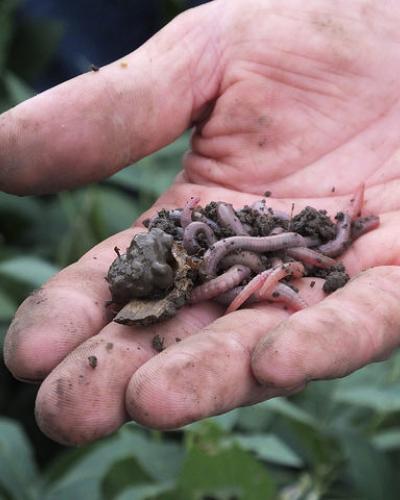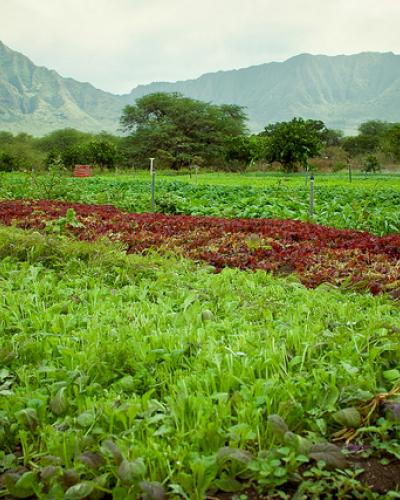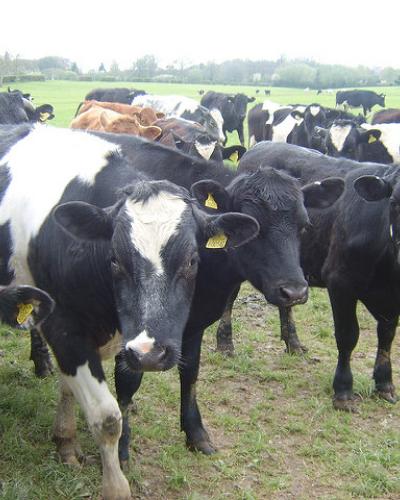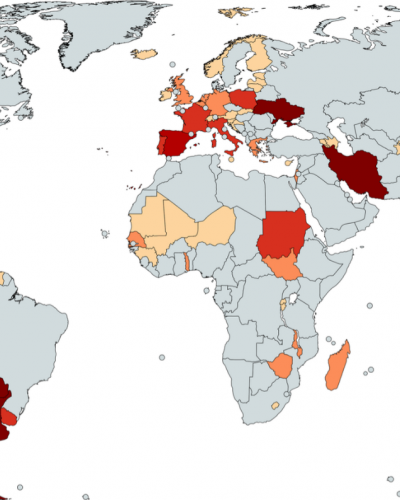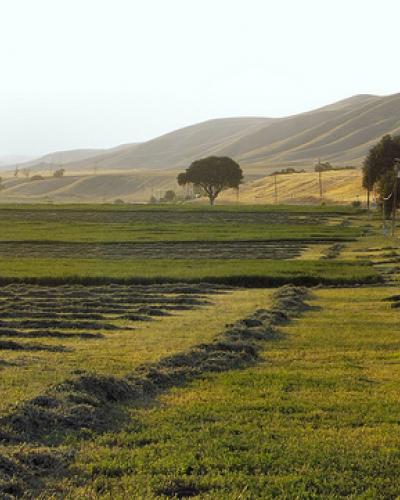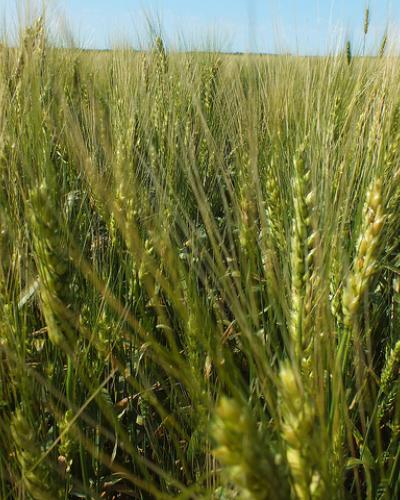Several studies this year focused on the impacts of organic farming on climate change, and showed that choosing organic can help mitigate the release of greenhouse gases while sequestering carbon...
There is so much (in)credible science that explains why organic is a good choice for people and the planet, and more is published every week. The Organic Center summarizes the latest research into distilled bites so you can make informed choices. We only report on peer-reviewed studies and always will. Check out our research blog and sign up for our newsletter to get the latest science delivered right to your inbox.
Dec 02, 2018
Photo Credit: Amanda Slater
A recent study published in the scientific journal Pedobiologia explored how different conservation tilling and fertilization practices...
Dec 01, 2018
One of the biggest studies to rock our world this year showed that eating an organic diet can reduce your risk of cancer. Researchers compared French adults who frequently consumed organic foods...
Nov 15, 2018
Photo credit: Justin Cravalho
Soils are the largest terrestrial carbon sink on earth. On average studies find that soils from organic farms are higher in soil organic...
Nov 08, 2018
Photo credit: EmerandSam
A recent study in the Journal Climatic Change examines the environmental performance of diets based on greenhouse gas emissions. The thought is...
Nov 01, 2018
Photo credit: Bob Adams
Another study has found residues of neonicotinoid pesticides in birds. This study, published in the journal Science of the Total Environment, ...
Oct 24, 2018
Average annual tonnes of OP pesticides used in agriculture, by country, 2010–2015.
Scientists are questioning the use of some pesticides, even at levels that have...
Oct 22, 2018
Lot of fresh fruits for sale in the market
A groundbreaking study released today suggests that eating an organic diet may significantly lower cancer risk. Researchers...
Oct 22, 2018
Photo Credit: Ken Figlioli
In general, large-scale agriculture contributes to climate change by consuming many fossil fuels for energy and emitting large amounts of...
Oct 08, 2018
Photo credit: USDA NRCS South Dakota
In conventional agriculture, increases in yields are largely due to increased use of synthetic pesticides and fertilizers and thus have...


